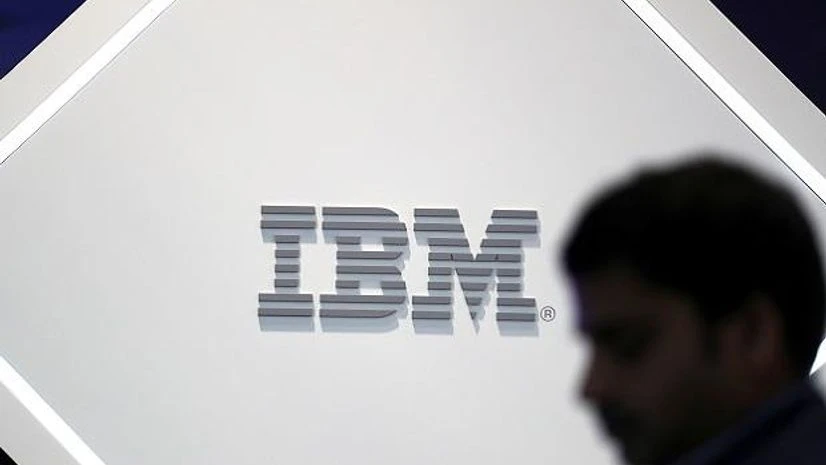Even as the information technology (IT) services space faces headwinds due to global macroeconomic uncertainty, the domestic IT spend story is very much intact, according to multinational technology major IBM.
“When you look at all the indicators -- macro and micro -- for India, we haven’t necessarily seen a slowdown here, especially in terms of the fundamentals of where the market is growing. In the domestic market, there is no slowdown,” Sandip Patel, managing director for IBM India and South Asia, told the media at the company’s flagship event IBM Think in Mumbai.
“Globally, there are pockets of slowdown, but I think people are still looking at ways to (invest)…That continues,” he added.
Patel said the forces driving technology adoption in India were hybrid cloud, artificial intelligence (AI), quantum, and security. “Hybrid cloud has come of age. This is evident in our Red Hat business, which is growing in double digits. This growth is being driven by both the private and public sectors,” Patel told Business Standard.
He said AI had started to gain relevance in India and companies were walking on that path in terms of getting their data organised. “This is where watsonx becomes relevant. It is the generative AI answer to AI for business. It covers data organisation, gives a platform to build your own AI models as well as governance features,” he added.
IBM watsonx has considerable contribution from IBM’s India software research labs.
More From This Section
When asked if the global mandate to return to office thrice a week is also implemented in India, Patel said: “We are encouraging people to come back to office thrice a week. It is not a mandate. I do believe that there is a lot of value for people in certain roles to be in office as they work collaboratively. It is productive and efficient.”
IBM has been expanding its presence in India. It recently set up two software labs, in Kochi and Gandhinagar. The Kochi lab already has 1,000 employees.
Other IBM senior executives also said headroom for growth in tech in developing countries was much more than the developed world.
When asked if the company was seeing any impact of global inflationary trends on its budget, Paul Burton, general manager, Asia Pacific, IBM, said: “I don’t foresee things slowing down. But there are certain macro trends that we are aware of, that are salient, that will have an impact.”
Burton was of the opinion that if one compared the tech spend ratio to the gross domestic product of a developing economy, it only pointed to an increased spend. “If you go to advanced economies like the US or Germany, the size of the technology market as a percentage of GDP is typically above 2 per cent. In some cases, it can be 5-6 per cent as well. In other countries, including India and APAC, tech spend will be less than 2 per cent. It would be even less than 1 per cent in some geographies. But the good part is that the GDP in some of the APAC countries is growing. The Indonesian market is growing at 5.6 per cent; India is growing at 7 per cent. So these economies are developing quite rapidly by consuming technology,” he said.
According to a Gartner forecast, India IT spending is estimated at $112.2 billion in 2023. Despite being cautious, Indian CIOs will continue investing in improving employee productivity and customer experience, leading to a 14.6 per cent annual growth in enterprise software spending, it said.
Burton also added that one of the other reasons for tech spend to go up was demography. “Demographics is perhaps the biggest trend of our time where we see smaller cohorts of labour entering the workforce compared to larger cohorts of labour who retire. Just common sense will tell you that fewer people are entering the workforce, and even a smaller percentage of that cohort has the skills needed for digital transformation and digitisation that is happening in the economy. That should tell you that labour rates are going up,” he said.
The demographic play is also a reason why companies are adopting technologies like AI, automation, and hybrid cloud. “CEOs have to deal with it. They can’t arbitrarily say that we are going to increase prices because it will have an impact on demand. So, AI, automation, hybrid cloud -- these are all technologies that allow great efficiencies to be delivered to businesses. These technologies will be consumed more out of necessity,” said Burton.

)
